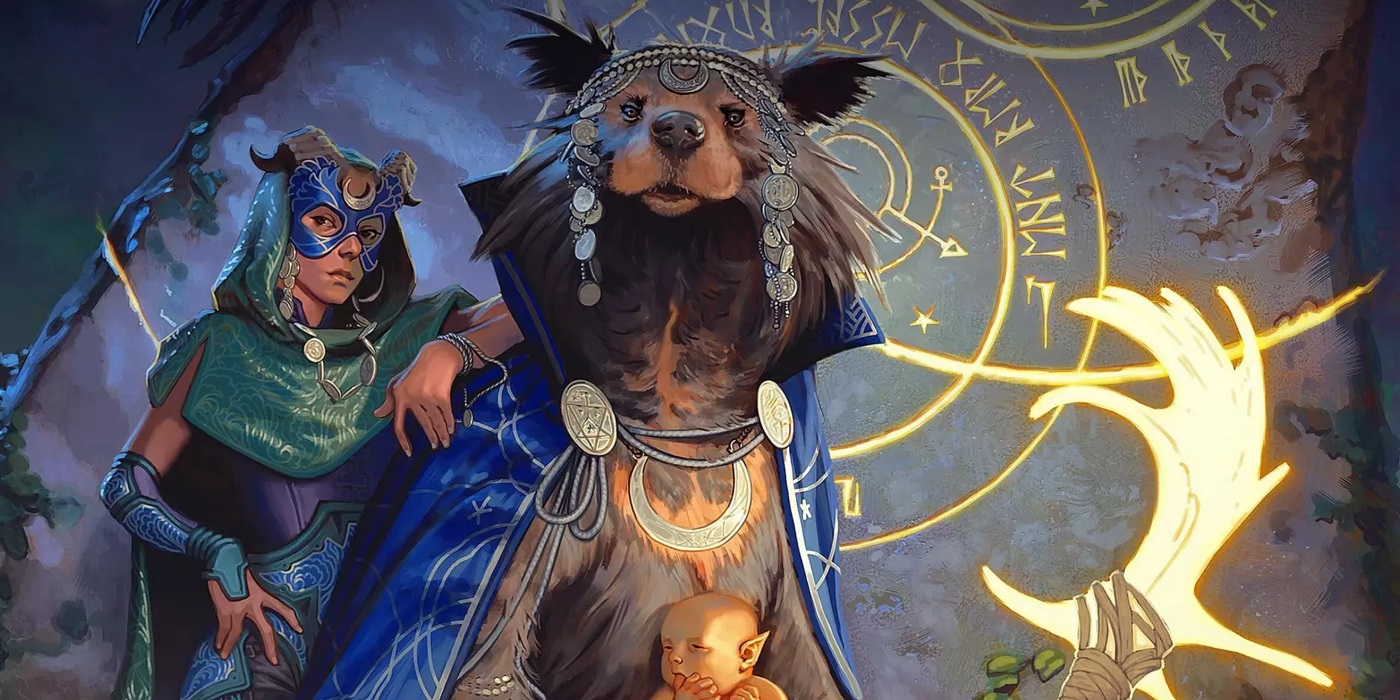Tome of Beasts is the latest third party book to appear on D&D Beyond. The book, first published by Kobold Press in 2016, contains over 400 monsters for D&D 5E.
You can pick it up on DDB for $39.99.
Whether you need dungeon vermin or world-shaking villains, Tome of Beasts 1 has it. This book presents foes suitable for any campaign setting—from tiny drakes and peculiar spiders to demon lords and ancient dragons.
These monsters have been designed so that GMs can use them in their favorite settings for fantasy adventure. This monstrous tome contains:
- More than 400 new monsters for use with the D&D Beyond Encounters tool.
- Updated with errata, streamlined mechanics, and new monster art from the original Tome of Beasts.
- Expansive tables that organize creatures by challenge rating, creature type, and terrain.[/callout[





